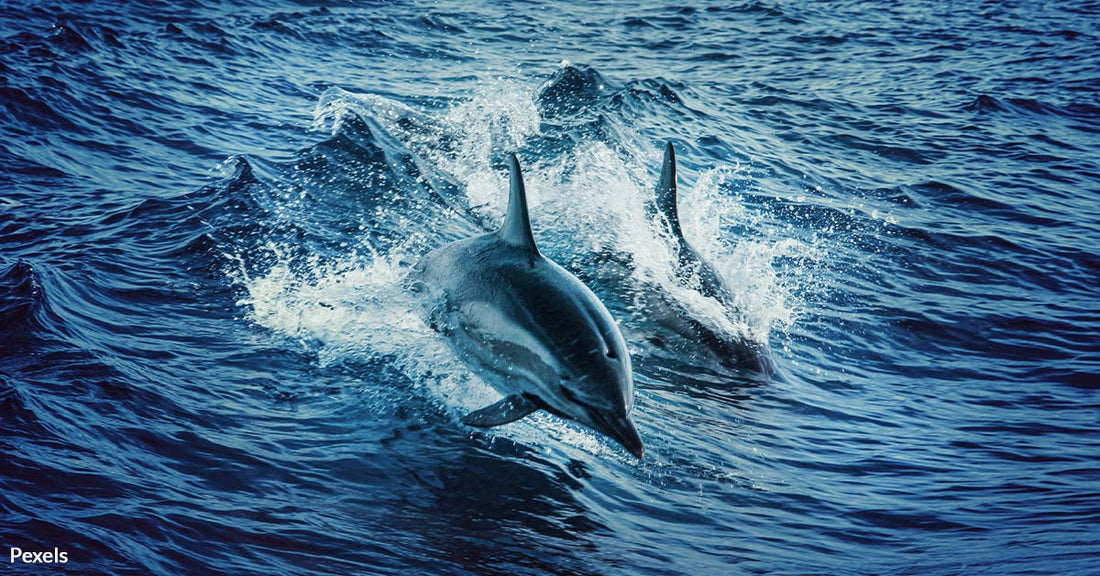Stranded Dolphins in Cape Cod Face Deadly Battle for Survival
Matthew Russell
More than 100 Atlantic white-sided dolphins found themselves in a dire situation on the shores of Cape Cod. The mass stranding, involving up to 125 dolphins, occurred at The Gut — or Great Island — in Wellfleet, Massachusetts.
This incident has prompted an extensive rescue operation, highlighting both the challenges and the broader implications for the species.

The Scene at Cape Cod
On Friday, June 28, the International Fund for Animal Welfare (IFAW) responded to reports of dolphins stranded at The Gut, a notoriously difficult location characterized by dangerous mud and tidal fluctuations. By the time rescuers arrived, ten dolphins had already perished.
As the Associated Press reports, the team of over 25 IFAW staff and 100 volunteers immediately began efforts to save the remaining dolphins, herding them into deeper waters using small boats and underwater pingers to guide them in the right direction.
"The location is very challenging," Stacey Hedman, IFAW's communications director told the AP. "The curvature of our shores and the fluctuating tides make Cape Cod a global hotspot for strandings."

The Stranding Crisis
Atlantic white-sided dolphins are particularly vulnerable to mass strandings in this region. The Gut is a frequent site for such events, largely due to its hook-like shape and the extreme tidal changes that occur, NPR reports. Misty Niemeyer, IFAW's stranding coordinator, described the scene as "exhausting," with rescuers working under the relentless sun to give the dolphins their best chance of survival.
Efforts on the ground involved covering some dolphins with tarps to protect them from the sun, while others were found in shallow waters nearby, CTV News reports. Niemeyer noted that "this is one of the biggest strandings" she has seen in her 15 years with the organization.
Rescue Operations

Implications for the Species
This event underscores the precarious situation for Atlantic white-sided dolphins. While the exact reasons for such mass strandings remain unclear, experts agree that the unique geography of Cape Cod plays a significant role. As CNN reports, the area sees more dolphin strandings than any other place globally, partly due to its 12-mile stretch of coastline that traps the animals.
"There's no set reason for why these dolphins strand," Hedman told the AP. "Cape Cod's geography and tidal patterns are major contributing factors."
Future Considerations
The mass stranding at Cape Cod raises critical questions about marine mammal conservation. With climate change affecting ocean temperatures and currents, the frequency of such events may increase. Continued research and improved rescue techniques are essential to mitigate these occurrences.
Rescue operations like the one led by IFAW highlight the importance of preparedness and community involvement. The collaborative effort between local organizations and volunteers is a testament to the strength of community action in the face of environmental crises.
As the tide turned on Friday evening, providing rescuers a much-needed advantage, the hope remained that the majority of the stranded dolphins could be saved. However, the event serves as a stark reminder of the vulnerabilities faced by marine species in our changing world.

